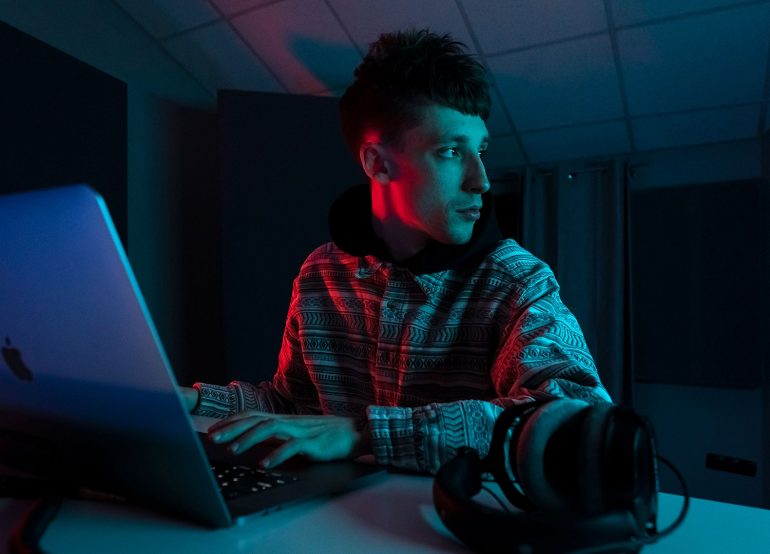Nowadays general conditions seem to legitimize the DIY approach when it comes to mastering your music. Especially the broad accessibility of Digital Audio Workstation software (DAW) is a major enabler for many producers and artists to start mastering their tracks by themselves.
Here are a few pointers to make your first steps in DIY mastering as fulfilling as possible:
YouTube tutorials are your friend
Getting used to master your tracks by yourself will definitely involve a lot of learning by doing. This is necessary in order to really understand how tweaking the individual knobs of your plugins effect your music.
Still, there are some basic cornerstones you should follow, when you’re mastering your tracks. In our opinion there is no more convenient way than watching youtube tutorials.
There are dozens of well produced tutorial videos on youtube. They provide you with the basic insights on mastering in the matter of minutes.
Reference tracks
Something that you also should keep in mind, is to have a reference track ready for your mastering session. We gathered a few tips on how to use a reference track in another blogpost.
Pick a track of your favourite artist, or simply a track that you think is amazing sonically. Put it into the same session, in which you will master your track. Just make sure that the reference track is not affected by the plugins you will use on your own track.
Therefore you should not put the plugins on the master channel, but only on the channel of your track. As you start tweaking your song, you can also switch between the tracks and have a direct reference, what your track might still be missing. Also, you can put a metering plugin on your master channel to compare the tracks visually.
Have a break
Although mastering doesn’t appear to be a physically demanding in the first place, it actually is. Taking a break doesn’t only refresh your ears in an artistic way, but also helps avoiding physical ear fatigue.
Let’s say your planning to take 3 hours to master your song, you should probably plan a 5 minute breaks for every hour.
Ask for feedback
It doesn’t matter on how many different speakers you’ve tested your mastered track on, sometimes you just need a fresh pair of ears. Ask your fellow musicians for their opinion. They are able to judge your song from an completely unbiased point of view.
Additionally, you can also send them the reference track that you used, while mastering the track. By doing that, they’re able to give you A/B feedback on certain things, that you by yourself, might not be able to recognize. If they’re into mastering too, you’ll much likely also receive some tips, on how to get closer to your desired result.
Of course there are way more things that you need to consider when you take your first steps in mastering. If you want to dig deeper into the rabbit hole of mastering, you should probably get insights from a professional mastering engineer.
We hope that these four pointers helped you out a bit, as you step into DIY mastering.
2 join the family and show some love for this!

